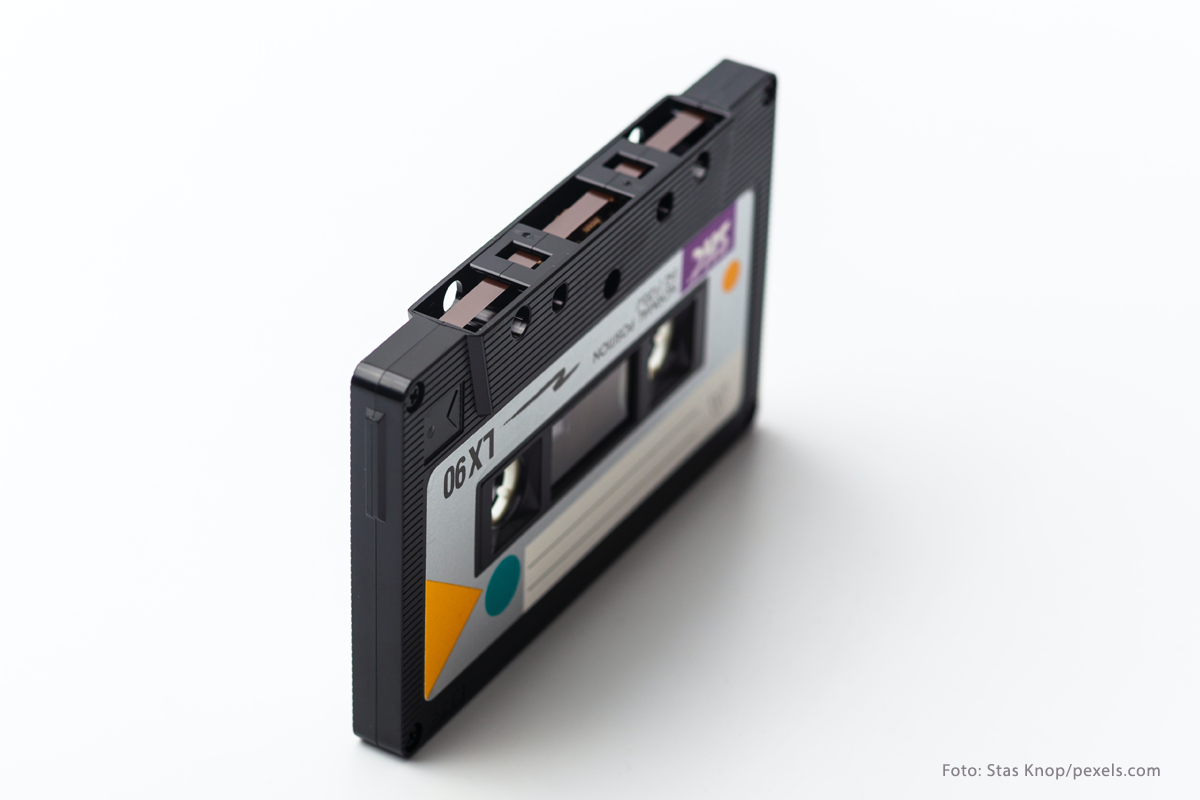Polemic on the Legal Protection of Indonesian Musicians

Recently, the public was shocked by the feud between musician Ahmad Dhani and singer Once Mekel regarding royalty payments to songwriters. The founder of the Dewa 19 group accused Once, who is none other than the former vocalist of the Dewa 19 band, of never paying royalties while he sang his songs.
In the aftermath of the feud, the owner of Republik Cinta Management (RCM) also banned Once from performing all of his songs without his permission.
The royalty issue between the two musicians is not new. The issue of song royalties is still a never-ending polemic among musicians.
Many songwriters do not receive royalties for their songs that are used by other parties. This is because they are unable to reach parties who use their work commercially in various entertainment events without their permission. In fact, a number of these parties get paid by performing songs created by others.
Royalties and Copyright
Learning from the feud between the two musicians, what exactly is the legal protection for songwriters, and what rights are obtained if the copyrighted song is used by another party?
Legal protection for copyright has been regulated in Law Number 28 of 2014 concerning Copyright or Copyright Law where songs or music have been protected through exclusive copyright where the copyright is attached to moral rights and economic rights.
Moral rights are related to the songwriter's right to be written in his name and other parties are prohibited from changing his creation. While economic rights provide economic benefits to the creator. If another party uses the song or music owned by the creator then required to pay royalties to the creator.
Furthermore, regulated through Government Regulation (PP) of the Republic of Indonesia Number 56 of 2021 concerning the Management of Royalties for Copyright of Songs and/or Music which is a derivative of the Copyright Law, it is stated that creators can obtain royalty payments from songs or music that are used commercially in public spaces including seminars and commercial conferences; restaurants, cafes, pubs, bars, bistros, nightclubs, and discotheques; music concerts; airplanes, buses, trains, and ships; and exhibitions and fairs.
Additionally, other public spaces include cinemas; telephone waiting tones; banks and offices; shops; recreation centers; television broadcasting institutions; radio broadcasting institutions; hotels, hotel rooms, and hotel facilities; and karaoke business.
Furthermore, parties who sing or perform songs or music from the songwriter must first ask permission from the songwriter. In addition, parties who use songs or music commercially in public spaces can apply for a license from the creator or copyright holder through the National Collective Management Institute (LMKN).
However, it is also stated in the PP that commercial use for a performance can use songs and/or music without a licensing agreement while still paying royalties through LMKN, which is done immediately after the use of the song or music.
For information, LMKN is an institution that is given the authority to collect, collect, and distribute royalties and manage the economic rights interests of creators in the field of songs or music. These royalties are distributed based on reports on the use of song or music data in SILM or the Song and/or Music Information System.
With this regulation, the use of other people's songs in public places for commercial purposes can no longer be done arbitrarily. For parties who play or use songs created by other people, they must have a license and pay royalties at a predetermined amount through LMKN.
Meanwhile, singers who perform other people's songs commercially must ask permission directly from the songwriter or through the event organizer, if the song is performed at a particular event. Apart from that, the event organizer must also pay royalties to LMKN as the party authorized by the songwriter.
The feud between musician Ahmad Dhani and singer Once Mekel may have ended peacefully. However, the case is a reminder that singers who use other people's songs and or music should be more aware of the obligation to pay royalties to songwriters.
In addition, efforts to raise awareness about legal protection for songwriters should be increased, encouraging greater appreciation for their works and fostering enthusiasm for their creativity. (KEN)
Disclaimer! This article is a personal opinion and does not reflect the policies of the institution where the author works.


